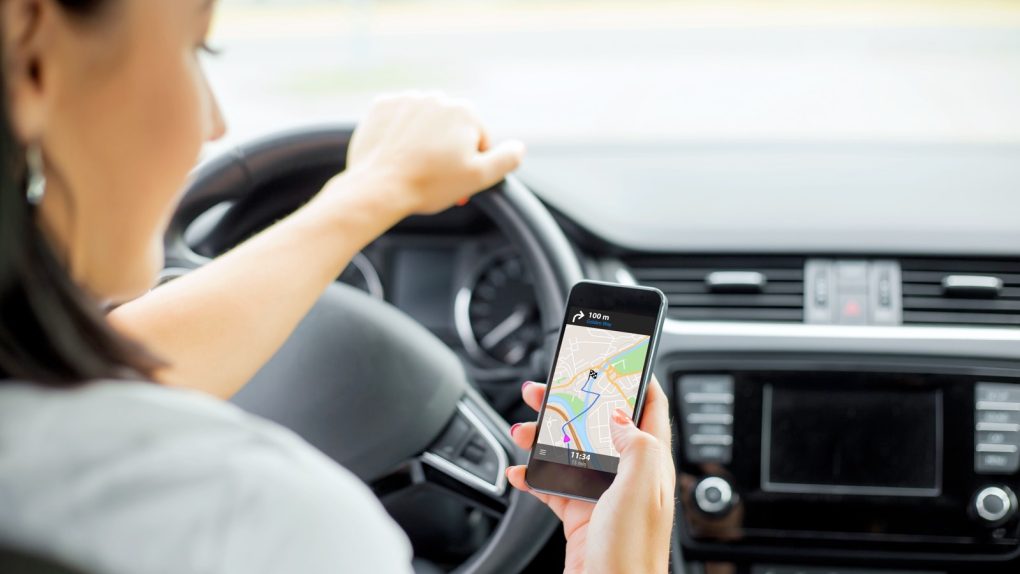Many drivers favor Waze’s navigation app over competing services like Google Maps, Apple Maps, or other GPS apps. That’s because Waze has a great feature that helps drivers avoid being stuck in traffic for long. The incident reports are based on real-time crowdsourced information from other Waze drivers, which continuously inform the Waze algorithms about the road issues ahead. The app can offer alternate routes to avoid incidents and bypass traffic. But Waze ran into an unusual algorithm issue a few months ago that ruined trips for many people. Waze is aware of the problem, and it’s likely that you’ll never encounter it.
The Waze map algorithm problems
Google’s second-most popular navigation app ran into trouble in Israel, Waze’s home country. The app kept redirecting users to cities far away, Haaretz explained, citing a Ynet story from mid-August. Waze users told the site the app “just went crazy,” rerouting them out of their way.
Waze CEO Guy Berkowitz confirmed the algorithm issue at the time, explaining what caused the unexpected disruptions:
We have a problem with the algorithm. The more people we serve, the more it’s affected. The coronavirus has put us in a situation where we have to reinvent our algorithm because of recent significant increases in road traffic.
Those familiar with Israel’s strict coronavirus measures might have guessed what might have caused the issue. The country had firm restrictions in place earlier this year and in 2020. They impacted the way people traveled between places during lockdowns and once restrictions eased.
The history of the road – which is part of our algorithm – no longer reflects reality. Think of a road whose history shows that there are no traffic jams, and today it is full. So the coronavirus has killed our history and the algorithms need to change and give much more weight to what is happening in real time – and this is not always true, because the way we direct you is not necessarily the short or fast way, but the Waze way.
Should you expect Waze navigation issues?
Israel experienced another significant wave of infection that started in mid-July, but it’s now past it. Haaretz says that road traffic in the first two weeks of October was 23% higher than pre-pandemic levels, according to data from Waze. Road work and people avoiding public transportation to avoid exposure to the virus might have contributed to the increase in drivers on the road.
That’s why Waze’s algorithms issues in Israel were particular to this country. You’re not likely to experience them in your region unless the stars align similarly. Then again, Google is aware of the issues. It’ll probably ensure that unusual pandemic patterns won’t affect its Waze algorithms in a similar way in the future.







